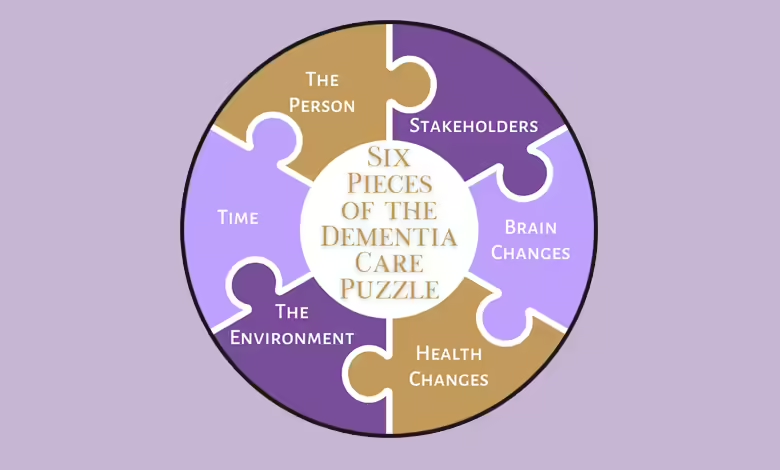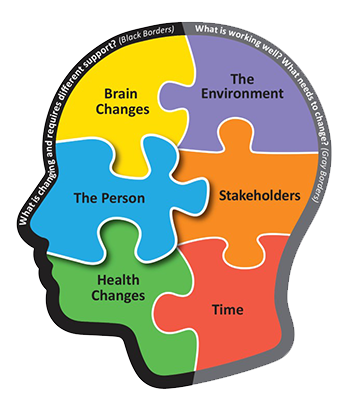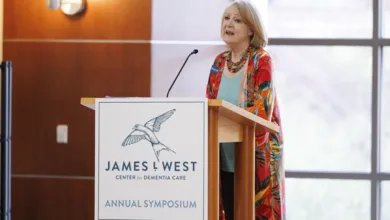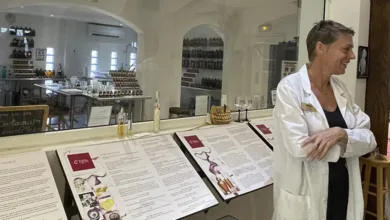Solving Challenging Dementia Care Situations

If you care for someone living with dementia, you have probably experienced some challenging caregiving situations. During my 40 years working with individuals living with dementia and their care partners, I’ve developed the Positive Approach to Care®: Six Pieces of the Puzzle framework to evaluate circumstances and identify ways to improve them. This approach divides the situation into six key areas, split between intrinsic (internal) and extrinsic (external) factors.
Puzzle piece #1: Brain changes
The first step to addressing challenging situations is identifying the type of dementia affecting the individual. Alzheimer’s Disease, Dementia with Lewy Bodies, and Vascular Dementia are just three types, but each presents very different symptoms. Determine whether the person living with dementia is aware of the changes they’re experiencing, what abilities they’ve lost, and what strengths remain. Understanding these intrinsic factors can help you make necessary adjustments to improve care. You encourage independence and cooperation by focusing on the person’s remaining abilities. Supporting the skills that are still present allows the individual to retain them longer.
Puzzle piece #2: The person
Consider the person’s life history, personality, preferences, and values. Are they introverted or extroverted? Do they prefer to watch, talk, or do? These intrinsic factors shape their identity and influence their reactions to care. For example, someone who has always showered in the evening may struggle with a new morning routine. Respecting their preferences fosters independence and fulfillment.
Puzzle piece #3: Health changes
Most people living with cognitive impairment also experience other health conditions, such as arthritis, diabetes, heart disease, or depression. These other conditions and the medications used to treat them can significantly impact behavior. If someone is moving less, it might be due to pain from arthritis, making walking difficult. Understanding these health-related changes can help you address the root causes of caregiving challenges.
Puzzle piece #4: Time
Evaluate the individual’s awareness of time and their daily activity balance. Do they know the time of day and how time passes? Determine how their current schedule matches up with lifelong habits. Adjusting schedules can positively impact care by ensuring the person feels valued. By encouraging the person living with dementia to help with tasks they can still do, you foster meaningful experiences and strengthen your relationship.
Puzzle piece #5: Stakeholders
Consider the people regularly interacting with the person with dementia, including yourself. Are there past conflicts that still affect relationships today? Sometimes, someone unwittingly invokes painful or difficult emotions. Encourage everyone interacting with your loved one to take dementia care training courses and participate in support groups. By assessing this factor, you can identify opportunities for improvement.
Puzzle piece #6: The environment
Finally, examine the space where the person with dementia spends most of their time. Identify and modify aspects of the environment causing distress. Add or emphasize pictures, textiles, sounds, and scents that are soothing and comforting. Remove unnecessary items to create a safer and more supportive environment.
Learn more
Troubleshooting challenging dementia care situations is not easy. To learn more about these strategies and see them implemented, I encourage you to attend the 2024 Dallas Dementia Symposium on Tuesday, December 10th, in person or via live stream. I will present “Six Pieces of the Puzzle—Solving Challenging Care Situations.”
 2024 Dallas Dementia Symposium
2024 Dallas Dementia Symposium
Where: Celebration Hall, Tolleson Family Recreation Center, Highland Park United Methodist Church, 5817 Hillcrest Ave., Dallas, Texas
When: Tuesday, December 10 | 8 AM – 4 PM
Cost: Family Caregivers, $20 | Social Workers, Nurses, and other Caring Professionals, $55
Registration: https://2024TeepaSnowDallas.eventbrite.com
Website: https://teepasnow.com
Extra: In-person seating is limited. The conference will also be live-streamed.


 2024 Dallas Dementia Symposium
2024 Dallas Dementia Symposium



